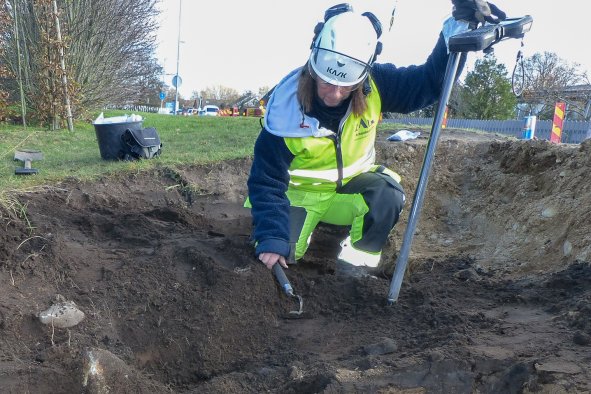A common yet underdiagnosed sleep disorder may contribute to the development of dementia, new research suggests. This association was particularly strong among women, especially after menopause.
More than 5 million Americans over the age of 65 live with dementia, according to 2014 data from the U.S. Centers for Disease Control and Prevention (CDC). Dementia comes in different forms—the most common is Alzheimer's disease—and is characterized by an impaired ability to remember, think and make decisions.
For years, it's been known that sleep is essential for memory consolidation and plays an important role in clearing metabolic waste. Yet, according to the CDC, one in three adults in the U.S. report not getting enough of it.
Sleep apnea is one of the most common sleeping disorders in the United States, with roughly six million official diagnoses across the country. However, according to experts, the actual number of cases may be closer to 30 million.
The condition—characterized by episodes of disrupted or restricted breathing during sleep—has previously been seen as something that "might cause dementia," according to a recent report by The Lancet Commission.
Now, a new study of 18,815 American adults has revealed a clear link between suspected sleep apnea and dementia diagnosis in adults over 50.
"Our findings offer new insight into the role of a treatable sleep disorder on long-term cognitive health at the population level for both women and men," first author Tiffany J. Braley, a neurologist, director of the Multiple Sclerosis/Neuroimmunology Division and co-founder of the Multidisciplinary MS Fatigue and Sleep Clinic at University of Michigan Health, said in a statement.
The study, published in SLEEP Advances, examined survey and cognitive screening data from a nationally representative cohort of 18,815 U.S. adults collected over 10 years. Across the board, having obstructive sleep apnea or its symptoms at the age of 50 or above was associated with a higher chance of dementia symptoms or a diagnosis in the coming years.
While this association was fairly small, with the increased incidence of dementia among those with sleep apnea never exceeding 5 percent higher than those without, it remained statistically significant, even after accounting for other factors that can affect dementia risk, like race and education.
The association was particularly significant among women, especially in older age groups. By the age of 80, women with sleep apnea at the start of the study were nearly 5 percent more likely to develop dementia than those without. Meanwhile, men of the same age who had experienced sleep apnea at baseline only saw a 2.5 percent increased risk.
The exact mechanism behind these differences is still unclear, but the researchers say it might involve menopause.
"Estrogen starts to decline as women transition to menopause, which can impact their brains," co-author Galit Levi Dunietz, an associate professor in the University of Michigan Department of Neurology and Division of Sleep Medicine said in a statement.
"During that time, they are more prone to memory, sleep and mood changes that may lead to cognitive decline. Sleep apnea increases significantly post-menopause yet remains underdiagnosed. We need more epidemiologic studies to better understand how sleep disorders in women impact their cognitive health."
"Of course, these findings are purely associative and do not prove that sleep apnea causes dementia. That would likely require a randomized trial, over many years, to compare effects of sleep apnea treatment to the effects of no treatment," co-author Ronald D. Chervin, M.D., M.S., director of the Division of Sleep Medicine in the Department of Neurology at U-M Health, said in a statement.
"As it may be a long time if ever until such a trial occurs, backward-looking analyses such as ours, within large databases, may be among the most informative for years to come. In the meantime, the results provide new evidence that clinicians and patients, when making decisions about testing for sleep apnea and treating it, should consider the possibility that untreated sleep apnea causes or exacerbates dementia."
Is there a health problem that's worrying you? Let us know via health@newsweek.com. We can ask experts for advice, and your story could be featured on Newsweek.
Reference
Braley, T. J., Lyu, X., Dunietz, G. L., Schulz, P. C., Bove, R., Chervin, R. D., Paulson, H. L., & Shedden, K. (2024). Sex-specific dementia risk in known or suspected obstructive sleep apnea: A 10-year longitudinal population-based study. SLEEP Advances. https://doi.org/10.1093/sleepadvances/zpae077
Disclaimer: The copyright of this article belongs to the original author. Reposting this article is solely for the purpose of information dissemination and does not constitute any investment advice. If there is any infringement, please contact us immediately. We will make corrections or deletions as necessary. Thank you.



